Explore All Articles
All Articles
Article Topic

The role of narrative in misinformation games
Nisha Devasia and Jin Ha Lee
Several existing media literacy games aim to increase resilience to misinformation. However, they lack variety in their approaches. The vast majority focus on assessing information accuracy, with limited exploration of socio-emotional influences of misinformation adoption. Misinformation correction and educational games have explored how narrative persuasion influences personal beliefs, as identification with certain narratives can frame the interpretation of information.

Playing Gali Fakta inoculates Indonesian participants against false information
Matthew J. Facciani, Denisa Apriliawati and Tim Weninger
Although prebunking games have shown promise in Western and English-speaking contexts, there is a notable lack of research on such interventions in countries of the Global South. In response to this gap, we developed Gali Fakta, a new kind of media literacy game specifically tailored for an Indonesian audience.
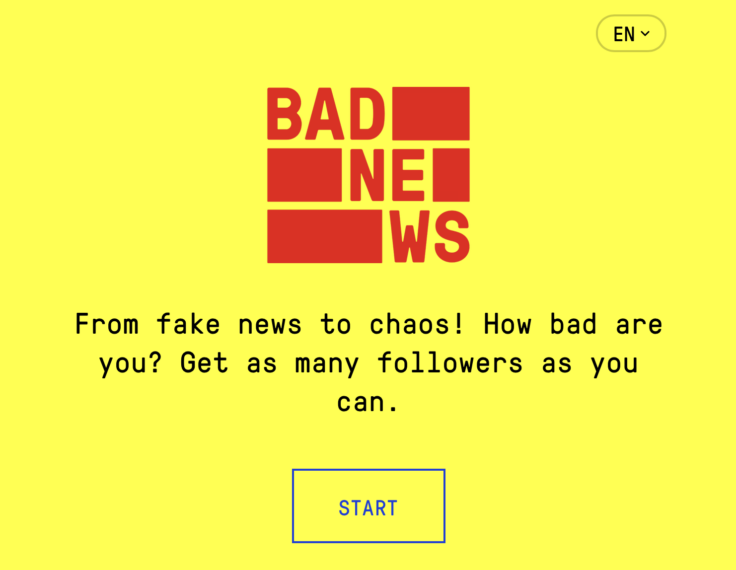
Gamified inoculation reduces susceptibility to misinformation from political ingroups
Cecilie Steenbuch Traberg, Jon Roozenbeek and Sander van der Linden
Psychological inoculation interventions, which seek to pre-emptively build resistance against unwanted persuasion attempts, have shown promise in reducing susceptibility to misinformation. However, as many people receive news from popular, mainstream ingroup sources (e.g., a left-wing person consuming left-wing media) which may host misleading or false content, and as ingroup sources may be more persuasive, the impact of source effects on inoculation interventions demands attention.
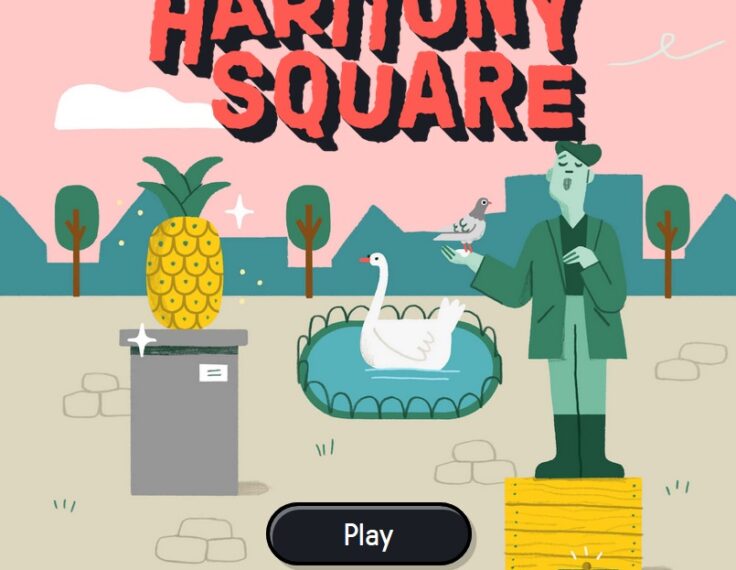
Breaking Harmony Square: A game that “inoculates” against political misinformation
Jon Roozenbeek and Sander van der Linden
We present Harmony Square, a short, free-to-play online game in which players learn how political misinformation is produced and spread. We find that the game confers psychological resistance against manipulation techniques commonly used in political misinformation: players from around the world find social media content making use of these techniques significantly less reliable after playing, are more confident in their ability to spot such content, and less likely to report sharing it with others in their network.
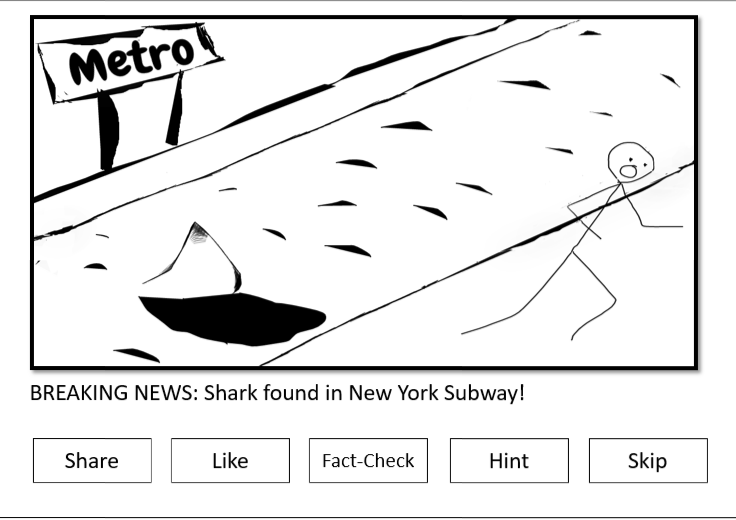
Exposure to social engagement metrics increases vulnerability to misinformation
Mihai Avram, Nicholas Micallef, Sameer Patil and Filippo Menczer
News feeds in virtually all social media platforms include engagement metrics, such as the number of times each post is liked and shared. We find that exposure to these signals increases the vulnerability of users to low-credibility information in a simulated social media feed.
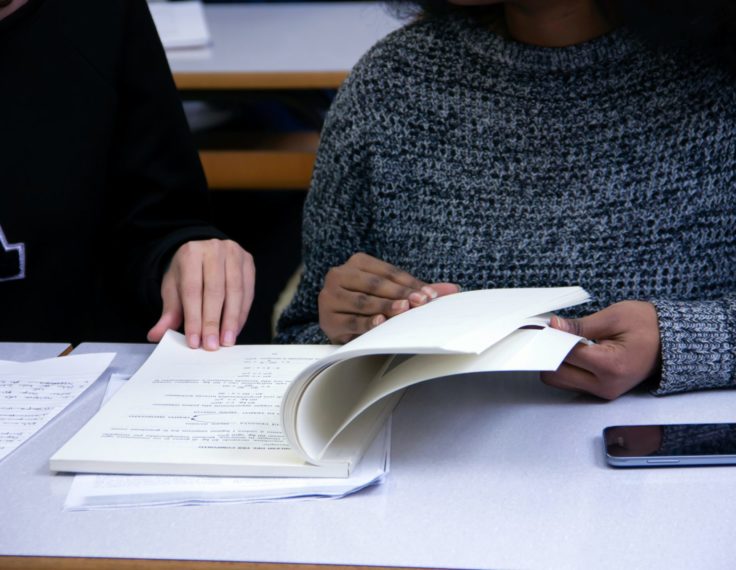
News literacy education in a polarized political climate: How games can teach youth to spot misinformation
Yoo Kyung Chang, Ioana Literat, Charlotte Price, Joseph I. Eisman, Jonathan Gardner, Amy Chapman and Azsaneé Truss
We designed, implemented and evaluated a game about fake news to test its potential to enhance news literacy skills in educational settings. The game was largely effective at facilitating complex news literacy skills. When these skills were integrated into the design and fictional narrative of the game, diverse groups of students engaged with the learning goals and transferred this knowledge to real life contexts.
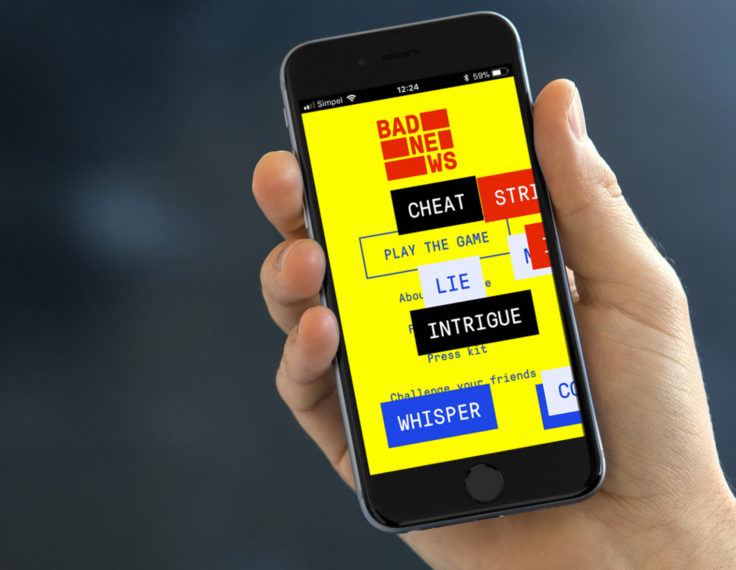
Prebunking interventions based on “inoculation” theory can reduce susceptibility to misinformation across cultures
Jon Roozenbeek, Sander van der Linden and Thomas Nygren
This study finds that the online “fake news” game, Bad News, can confer psychological resistance against common online misinformation strategies across different cultures. The intervention draws on the theory of psychological inoculation: Analogous to the process of medical immunization, we find that “prebunking,” or preemptively warning and exposing people to weakened doses of misinformation, can help cultivate “mental antibodies” against fake news.
